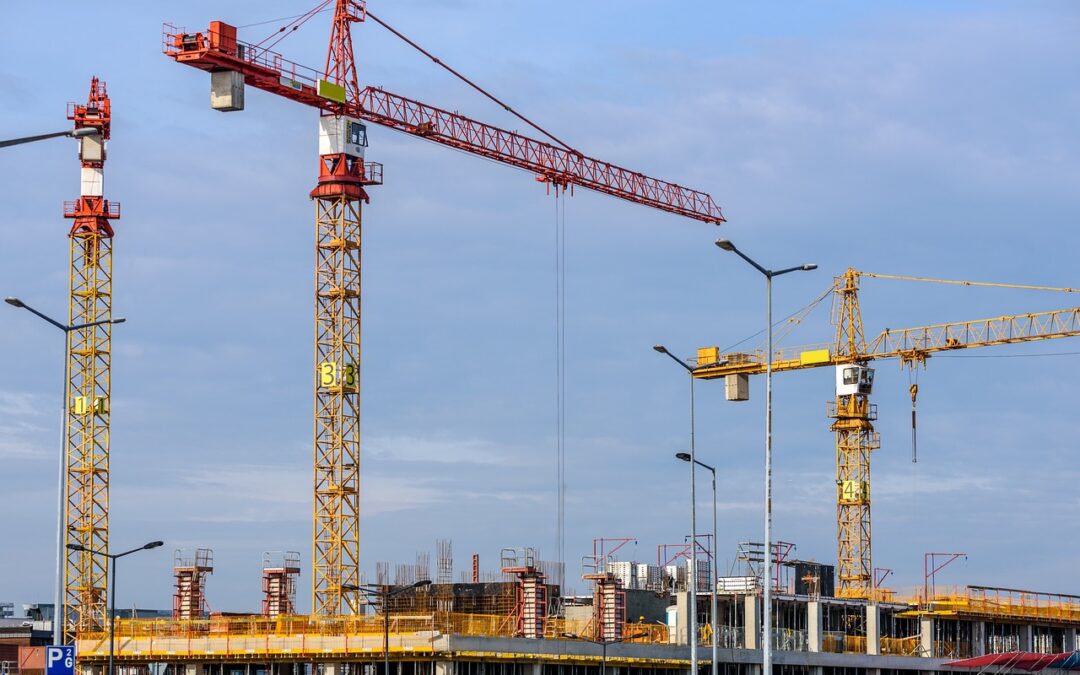Contents
- 1 Digging into the Details of Excavation Services
- 1.1 What is Excavation and Why Do I Need It?
- 1.2 Types of Excavation Services
- 1.3 Land Clearing
- 1.4 Site Preparation
- 1.5 Trenching
- 1.6 Foundation Excavation
- 1.7 Demolition
- 1.8 Factors to Consider When Choosing an Excavation Contractor
- 1.9 The Excavation Process
- 1.10 Site Assessment
- 1.11 Equipment Selection
- 1.12 Excavation Techniques
- 1.13 Soil Removal and Disposal
- 1.14 Site Cleanup and Restoration
- 1.15 FAQs
- 1.16 Conclusion
Digging into the Details of Excavation Services
TL;DR: Excavation is vital in construction, and choosing the right contractor enhances your project’s success. Consider their expertise, safety practices, and equipment before hiring. The excavation process involves site assessment, equipment selection, excavation techniques, soil removal, and site cleanup. For a seamless project, engage a reputable excavation contractor today!
What is Excavation and Why Do I Need It?
Excavation is the process of digging into and removing earth or other materials from a site. It plays a crucial role in various construction projects, including:
- Land Clearing: Removing vegetation, debris, and obstacles to prepare a site for development.
- Site Preparation: Grading and leveling a site to make it suitable for construction.
- Trenching: Digging trenches for utilities like water, sewer, gas, and electric lines.
- Foundation Excavation: Excavating the foundation for buildings, homes, and commercial structures.
- Demolition: Tearing down old structures and removing the debris.
Types of Excavation Services
Professional excavation contractors offer a wide range of services to meet your project needs:
Land Clearing
Land clearing involves removing trees, shrubs, brush, and other debris to make a site ready for construction. This process is essential for preparing a site for new buildings, roads, or other infrastructure projects.
Site Preparation
Site preparation involves grading and leveling a site to make it suitable for construction. This process may also include removing trees, stumps, and other obstacles. Proper site preparation ensures a stable and level foundation for your project.
Trenching
Trenching is the process of digging trenches for utilities such as water, sewer, gas, and electric lines. Trenches are typically dug to a depth of several feet and are used to house and protect underground utilities.
Foundation Excavation
Foundation excavation is the process of digging the foundation for a building or other structure. The foundation is the base of the structure and provides support and stability. Foundation excavation must be done carefully to ensure that the foundation is strong and level.
Demolition
Demolition is the process of tearing down old structures and removing the debris. Demolition may be necessary for a variety of reasons, such as to make way for new construction or to remove a dilapidated or unsafe structure.
Factors to Consider When Choosing an Excavation Contractor
When choosing an excavation contractor, it’s important to consider the following factors:
- Experience and Expertise: Hire a contractor with experience in the type of excavation project you need.
- Licensing and Insurance: Ensure the contractor is licensed and insured to protect you and your property.
- Equipment and Technology: Modern equipment and technology can improve efficiency and safety.
- Safety Practices: Choose a contractor who follows safety regulations and best practices.
- Cost and Budgeting: Excavation costs can vary depending on factors like site conditions and project complexity.
The Excavation Process
The excavation process generally involves the following steps:
Site Assessment
The first step is to conduct a site assessment to determine the scope of the project. This assessment includes evaluating the site conditions, soil type, and any potential hazards.
Equipment Selection
Once the site assessment is complete, the contractor will select the appropriate heavy equipment for the project. The type of equipment used will depend on the size and complexity of the project.
Excavation Techniques
There are several different excavation techniques that can be used, such as digging, blasting, and hydraulic excavation. The contractor will select the technique that is most appropriate for the project.
Soil Removal and Disposal
Once the excavation is complete, the soil will need to be removed and disposed of. The contractor will use a variety of methods to remove the soil, such as trucks, conveyor belts, and dumpsters.
Site Cleanup and Restoration
The final step is to clean up the site and restore it to its original condition. This may involve grading the site, removing any debris, and replanting vegetation.
FAQs
How long does an excavation project take?
The duration of an excavation project can vary depending on the size and complexity of the project. However, most projects can be completed within a few weeks.
What permits are required for excavation?
Excavation projects may require permits from local authorities. The contractor will be responsible for obtaining the necessary permits.
How much does excavation cost?
Excavation costs can vary depending on the size and complexity of the project. However, the average cost of excavation is between $10,000 and $50,000.
Conclusion
Excavation is a vital part of many construction projects. By hiring a professional excavation contractor, you can ensure that your project is completed safely, efficiently, and cost-effectively. Contact a local excavation company today to get started on your project.

